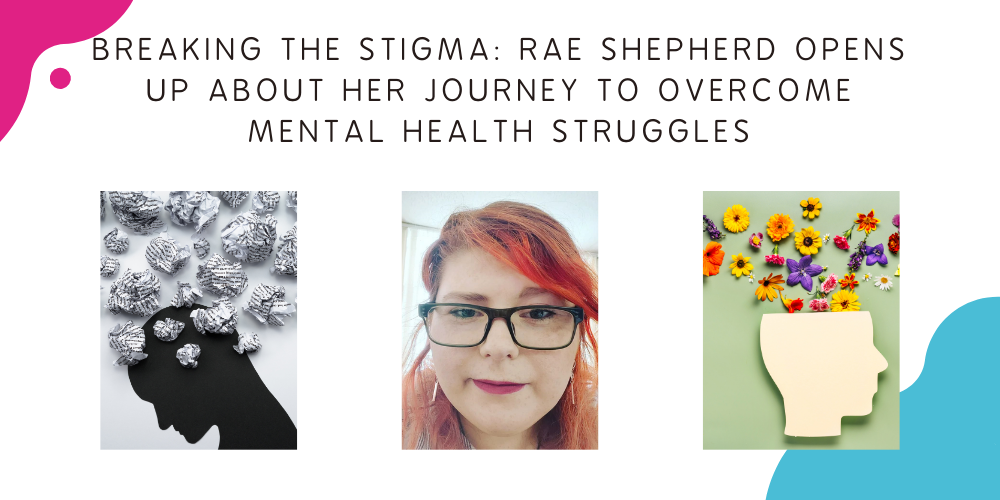
It’s likely that everyone will experience some form of mental health problem at some point in their lives, whether that involves grief, depression, or other issues. In fact, 1 in 4 people experience a mental health problem each year, 1 in 6 every week. Despite its commonality, mental health remains one of the most stigmatized subjects in society.
So why does the stigma persist?
The historical treatment of mental health was not always well-researched, and as the media gained influence, its portrayal of mental illnesses became increasingly problematic. Many associate mental illnesses with sensationalized depictions of violence and disturbing acts, fuelling inaccurate stereotypes that are often portrayed in modern media.
How can we initiate change?
Education is key. Developing an understanding of the real experiences of individuals behind the stigmas is far more valuable than relying on the inconsistent information found online or in the media. So, I would like to share my story as the first to bring awareness to the person behind the illness.
It might surprise you to learn that, like many individuals portrayed in media as ‘psychotic patients,’ I too experience audible hallucinations. This has been a part of my life for the past 11 years due to a series of traumatic experiences. Even before that, I struggled with panic attacks from a young age and a violent nightmare, which I later understood stemmed from a difficult childhood. However, to those who work with me, I appear entirely ‘normal’, with a few quirks.
Hearing voices and noises that aren’t there is more common than people realize. In fact, Anthony Hopkins experiences this and is immensely successful. Additionally, I have been dealing with an eating disorder since I was very young. What initially began as bulimia later transformed into binge eating disorder.
In addition to these challenges, I also struggle with chronic depression and PTSD, which have significantly impacted my ability to work. On two occasions, I was unable to function and had to take 12 weeks off due to my illness.
Despite the weight of my mental health issues and the fear I felt about my future at The Wilf Ward Family Trust if I spoke up, I ultimately did just that. The reason I was able to open up about my illness was the openness of my own managers, both as a Support Worker and in Admin roles. Instead of facing judgment or dismissive comments, I was met with compassion and understanding. Without the support of my team, I would not have returned to the Trust. I’m grateful that I did because, after all, who else would handle all your stationary orders!
I would encourage anyone who is struggling to do the same and speak up so we can break the stigma together.
